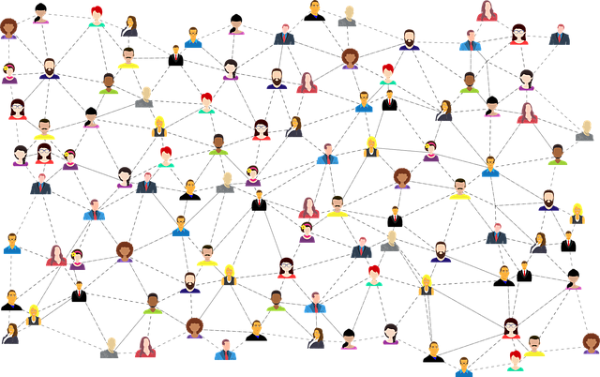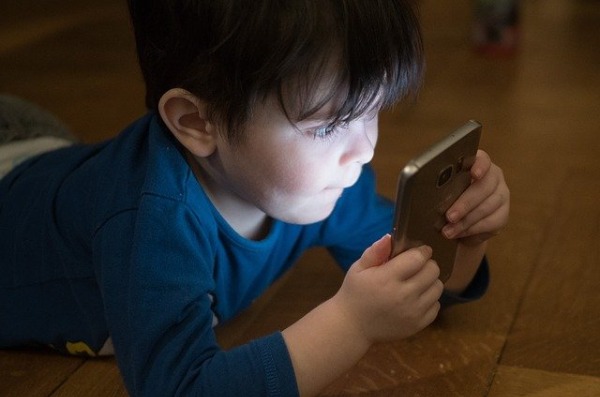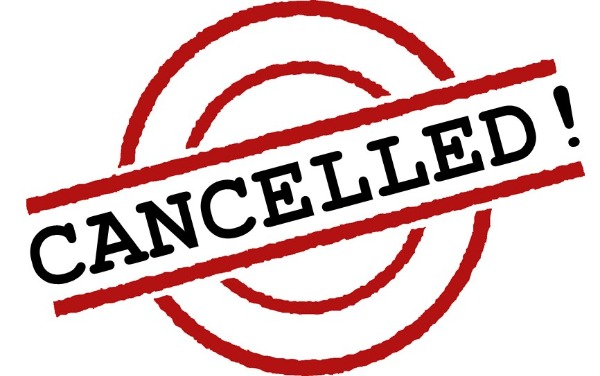From the Social Media History Book

A decade or two ago when I was teaching one of my social media courses at NJIT, I used to ask students to write a short paper on what they thought was the first social medium or platform. It's one of those questions without a definitive answer and I received a variety of answers over the years.
Now that we are even deeper into social media and students are even younger - this year's college freshman was born in the 21st century - the early days and history of social media is buried a bit deeper.
The most common answers go back to the 1970s and 80s with forums, bulletin boards and things like AOL's Instant Messenger.
In the early days of the World Wide Web, websites and fledgling social sites and tools were not commercialized. No advertising. How things have changed.
But there were always a few students who went pre-Internet.
On May 24, 1844, some electronic dots and dashes were tapped out by hand on a telegraph machine sending a first electronic message from Baltimore to Washington, D.C. Perhaps, Samuel Morse was prescient about what was to come with his scientific achievement since he wrote, “What hath God wrought?” This was communication and could be two-way but wasn't really a social network. Eventually, there did become a network of users and telegrams could be sent to multiple users.
Technology began to change very rapidly in the 20th Century. After the first super computers were created in the 1940s, scientists and engineers began to develop ways to create networks between those computers, and this would later lead to the birth of the Internet.
A precursor of the electronic bulletin board system (BBS), known as Community Memory appeared in 1973 and true electronic BBSs arrived with the Computer Bulletin Board System in Chicago, which first came online early in 1978. BBS in big cities were running on TRS-80, Apple II, Atari, IBM PC, Commodore 64, Sinclair, and similar personal computers.
Let's back up a bit and look at the PLATO system launched in 1960. It was developed at the University of Illinois and then commercially marketed by Control Data Corporation. Later, it would offer early forms of social media features, In 1973, Notes (PLATO's message-forum application) was added and TERM-talk was an instant-messaging feature. The Talkomatic may be the first online chat room. There was also News Report, a crowdsourced online newspaper and blog. PLATO used Access Lists so that a note file or other application you created could be limited in access to a certain set of users, such as friends, classmates, or co-workers.
Some people point to the emergence in 1967-69 of the Advanced Research Projects Agency Network (ARPANET), an early digital network, created by the United States Department of Defense, that allowed scientists at four interconnected universities to share software, hardware, and other data. Though not intended to be "social," apparently social niceties did emerge and by the late-1970s non-government and business ideas passed back and forth and a network etiquette (netiquette) was described in a 1982 handbook on computing at MIT's Artificial Intelligence Laboratory.
ARPANET evolved into the Internet after the first Transmission Control Protocol (TCP) specification were witten by Vint Cerf, Yogen Dalal and Carl Sunshine in 1974. This was followed by Usenet, conceived by Tom Truscott and Jim Ellis in 1979 at the University of North Carolina at Chapel Hill and Duke University, and established in 1980.
1985 saw the introduction of The Well and GENie. GENie (General Electric Network for Information Exchange) was an online service created for GE and GENie was still used well into the late 1990s. It had 350,000 users at its peak and was only made redundant by the development of the World Wide Web.
In 1987, the National Science Foundation launched a more robust, nationwide digital network known as the NSFNET.
The IBM PC was introduced in 1981 and the subsequent models of both Apple Mac computers and PCs, better modems, and the slow increase of bandwidth allowed users to do more online. Compuserve, Prodigy and AOL were three of the largest BBS companies and were the first to migrate to the Internet in the 1990s.
The World Wide Web (WWW, or simply "the web") was added to the Internet in the mid-1990s. Message forums became Internet forums.
A number of platforms appeared tht had social tools inlcuding GeoCities (1994) Classmates.com (1995).
The first recognizable social media site might be Six Degrees which appeared in 1997. Users created profiles, give school affiliations and could "friend" other users. It differed from instant-messaging clients (such as ICQ and AOL's AIM) or chat clients (like IRC and iChat) because people used their real names.
It would be 2003 when Myspace launched and by 2006 it had become the most visited website on the planet. Sharing music was a big part of its appeal.
Mark Zuckerberg built a website called "Facemash" in 2003 while attending Harvard University to be used there. But it caught on, spread to other colleges and in June 2004 the company he had started around "TheFacebook" moved to Palo Alto, California. By 2008, it had eclipsed MySpace and in December, 2009, with 350 million registered users it became the most popular social platform in the world.
The original URL - thefacebook.com - still redirects to the renamed Facebook. Myspace was purchased by musician Justin Timberlake in 2011 for $35 million, but it failed to regain popularity.
If Google seems to be missing in this history it is because its attempts to enter social (Orkut and Google+) both failed. Google+ ended in 2018 with the final nail in its coffine being a data security breach that compromised the private information of nearly 500,000 Google+ users.
REFERENCES
online.maryville.edu/blog/evolution-social-media/
digitaltrends.com/features/the-history-of-social-networking/
Infographic via socialmediatoday.com


 The phrase "cancel culture" is showing up in the news more frequently. Cancel culture (or call-out culture) is the term sometimes used when someone is shut out of a social or professional group. This could be either online (particularly on social media), in the real world, or both. Those who are subject to this ostracism are said to be "canceled."
The phrase "cancel culture" is showing up in the news more frequently. Cancel culture (or call-out culture) is the term sometimes used when someone is shut out of a social or professional group. This could be either online (particularly on social media), in the real world, or both. Those who are subject to this ostracism are said to be "canceled."